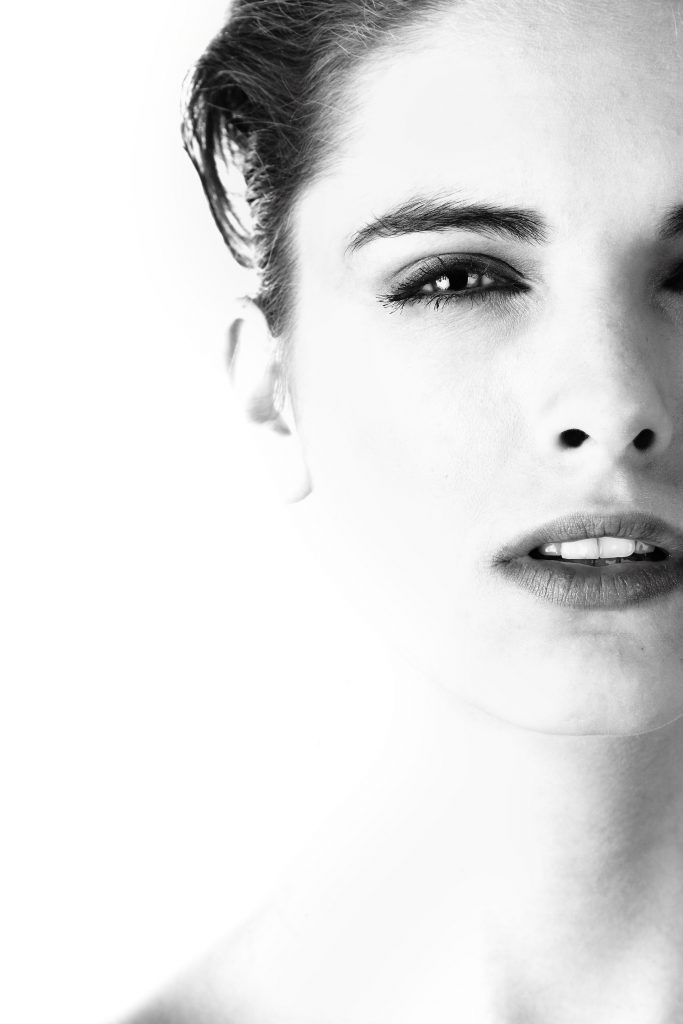
Now that you’ve all arrived following that awfully click-baity title I’ll outline what this article is about. Women can obviously be heroes. We all have women that are heroes in our lives. That is not what this article is about.
When I say women I mean specifically female characters in any medium. When I say heroes I mean The Hero in the traditional heroes journey sense.
Why do I want to talk about this?
I’ve written two films where the heroes are women. One of the main characters in my novel The Gathering is a women. With all three of these pieces me and my colleagues ran into some issues that we wouldn’t have come across if the hero was a man.
What does it mean to be a woman?
How can I answer this, I’m a man? So obviously I can’t answer what it means to be a woman. By “mean to be a woman” I am going look at is what are the things that we (an anglo-western culture in the twenty-first century) attribute to be exemplifiers of femininity.
To paraphrase Jessica Benjamin, women are dominated both individually and societally. This domination is anchored in the heart of the dominated and is bound by love to oppressive social relations. While boys seek liberation in the father girls connect their femininity to submission rather than agency. Femineity is developed in identification with nurturing and concession of autonomy.
So while there is a lot to unpack here the key in relation to the Hero is agency. The Hero in a narrative must take action to overcome an overwhelming force that is trying to stop them achieving their goal. Without agency the Hero cannot take any of the steps of the story.
How do we tie this theory into narrative?
How does this relate to the issues that I’ve faced when writing women as heroes? Essentially it has boiled down to, what me and the co-writers I’ve worked with have described as, the hero having to abandon their femineity in order to become the hero. That is they have to become a man, or take on masculinity.
Traditionally traits associated with femineity are: gentleness, empathy, sensitivity, caring, sweetness, compassion, tolerance, nurturance, deference, and succorance. While a hero can have most of these traits they cannot have deference. All of the other traits must be tempered for them to be able to undertake the journey that we need them to in order for the narrative to be successful.
Essentially what I have found this to mean is that the gentle, caring, nurturing character that I had originally developed has to become colder, harder, in order to achieve their goals. This is likely to be exactly the same process that would occur if the hero was male. But these changes do not move the male character away from their masculine base.
What are masculine traits?
Contrarily the stereotypical masculine traits are strength, courage, independence, leadership, violence, and assertiveness.
It can be a real balancing act and I often found that we were asking ourselves “Can we have her do this action (that is necessary) and remain a woman (or the person we had created).” I realise that every hero has to change during their story or they will be doomed to repeat it but rarely do we see male characters loose so much of themselves as compared to their female counterparts.
I keep trying to think of examples and having just re-watched a number of seasons of Game of Thrones I thought this might be a good place to start. I think that this is a good example as none of the leading characters (male or female) show an abundance of any of the feminine traits. Having said that it feels a bit off with all the female characters.
Just think about how it feels when we see Cersei, Arya, Sansa and Daenerys. They are all powerful women. They are all heroes of the story, with their own arcs and journeys. And they all feel a bit inhuman. I mean we can all understand why they have done the things they have done. When we compare them to the people that they were before they went through their journey: they were more human, more feminine.
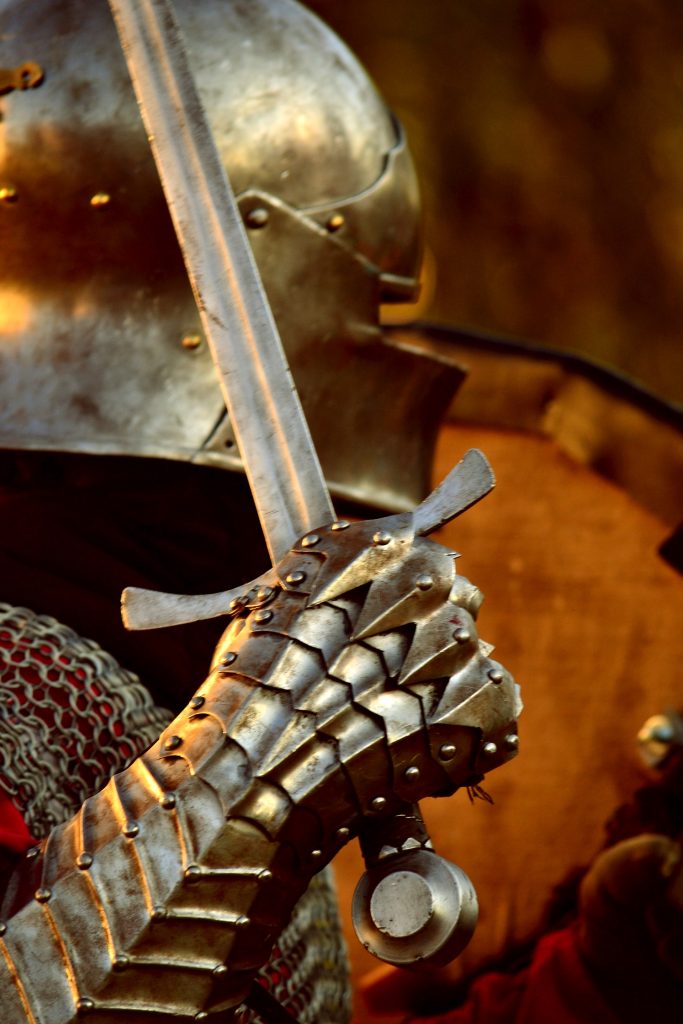
What can the men from Game of Thrones tell us?
Now look at the male characters: Jon, Tyrion, Jaime and Jorah. They are all power men. They are all heroes of the story, with their own arcs and journeys. And they all feel completely human. We can all understand why they have done the things they have done. In some cases here much more dehumanising actions than the women. When we compare them to the people that they were before they went through their journey – they are just as human now just more masculine.
All this leads me to believe that from an anglo-western view women cannot be heroes and retain their femininity. They must sacrifice it to achieve their goals. As sacrifice is a key part of any hero’s journey perhaps women make better heroes than men we, as writers, just have to be able to use this sacrifice well.

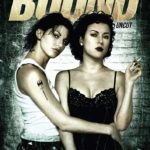
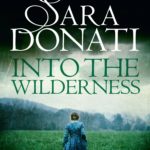
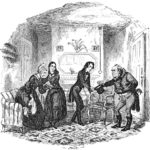

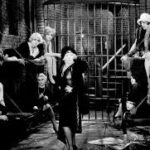
I have to think that the reason heroic female characters feel less human to you is that maybe you are not feeling empathy for women in the same way that you would feel empathy for another man.
Imagine a man who is doomed, due to societal expectations, to live a life of constant deference, and meek submission to the other people in his life. He doesn’t exercise agency because he is expected to depend on the advice of his family/spouse/somebody else when making major decisions. Doesn’t this automatically sound like a bleak miserable nightmare existence? But when you hear of a woman in that same life, it just feels normal? I challenge you to really think about this. Why would it not be just as horrible for a woman in that situation? Personally, it sounds like my definition of hell.
I believe that heroes can be nurturing and kind. (Gandhi? Martin Luther King? Jesus?) I believe that heroes can be cooperative instead of competetive. (Note that cooperation is not the same thing as deference, all though it may be seen that way.) I believe that heroes can be all the things that are considered feminine whether men or women. (Note the very respected male figures I listed above.) And one thing that I will say is that ALL heroes need agency. All non-heroes need agency too. There are very few humans who don’t want agency. Most people consider it an essential component of happiness.
Society allows men to grow up not really empathizing with women because women are seen as “other” to them. Women are also taught to see men as “other” but at the same time they are also taught to see things through men’s perspectives. Think of how stories with make heroes are seen as gender neutral books and stories with female lead characters often are seen as for women only. How normal is it to hear a woman say that she loves Huckleberry Finn compared to a man saying that he loves Pride and Prejudice? Men aren’t encouraged to see the world through women’s eyes and so some men can’t imagine that we have the same basic human needs that all humans have. Speaking of Pride and Prejudice, reread it from a fresh perspective. The main character doesn’t display a huge amount of agency, as per the values of her society (which is also the character’s/author’s values, since she’s a product of her time). And yet, every single chance that she has to actually exercise agency in a way that’s not frowned on by society, she does so, from small examples such as hiking to check on her sick sister, to larger ones such as rejecting the suit of a man she doesn’t love, even though the alternative is to grow poor and eventually die of starvation in genteel poverty. Even in societies where women are taught to defer to their parents and husbands, it’s not what we actually want out of life. It’s just that there’s often little choice.
Hi S.H.
There’s a lot to unpack here.
What reason do you have to think that I am not feeling empathy for women in the same way that I feel empathy for another man?
I don’t need to imagine the situation that you have described. I feel that this situation would be hell-like for both dominated men and women. I did automatically feel that it was a nightmarish existence. I don’t want to say anything that normalises this existence because I truly believe that it is inherently wrong.
The definition does provide some explanation towards the lack of agency that I feel in female characters that are, as yet, unchanged by the Heroes Journey. Having said this, both your and Hana’s comments have made me think that there is likely something more going on here that just a loss of femineity.
I agree that Heroes can be nurturing and kind. But these traits are rarely displayed towards their adversaries. I hesitate to comment on the examples that you raise as I was specifically talking about fictional characters in my post. While you may think this isn’t much different I do believe that it is an important distinction for reasons to many to go into here. I posit that Gandhi, Martin Luther King, and even Jesus wouldn’t have had the success they had in the ‘Hero’ role had the opened with the ‘nurturing and kind’ play.
Heroes most certainly can be cooperative but once again I feel that this is a real world versus fictional world distinction. In fiction, heroes are defined by their adversaries and the struggles that they go through. That is the whole point of the concept of the unity of opposites. Two equal and opposite forces pitted against each other in a duel to the death. While a story doesn’t have to be this black and white it often is when you strip it down to its basest elements.
I agree with your comments about agency but once again need to focus the conversation back towards the fictional hero. Generally everyone in a story has agency but we are following a Hero, they are the one we are rooting for, so the rest of the cast’s agency really doesn’t concern us much. The question I was trying to raise is if the concept of agency is contrary to this definition of femineity, and I think on the face of it, it is. Having said this the concept appears much more complex than that.
I think ‘othering’ is dangerous and should be avoided wherever possible. I’m not sure that I agree with you at all on this point that we are taught to ‘other’ our opposite gender. I think that you are correct in your point that empathy is a learned skill but so is recognising the world outside ourselves. We do this early on when we realise there are other people who are distinct from ourselves. If we are all capable of learning this there must be an ability to learn empathy as well and I think that in general we do.
Your comment about stories been gender neural with male leads and stories with female leads been seen as for women is most interesting. I’m looking over my bookshelf at the moment and I cannot say that I feel this rings true. Having said this I have done little to no study on it. I think of Alice in Wonderland by Lewis Carroll; Brida by Paulo Coelho; His Dark Materials Trilogy by Phillip Pullman. All of these stories have female leads and I would say none of them are targeted at or seen as for women.
I take your point about Huckleberry Finn and Pride and Prejudice but I do feel that you are quoting at the extreme, especially in regards to Mr. Finn. I feel that this comment is very true at the time of publishing. But I think that both these titles have moved a lot since then. I would say that Pride and Prejudice is a lot more mainstream than you make it out to be. By mainstream I mean accessible to both men and women equally. I feel Huckleberry has not aged well.
While it has been a long time since I have read either of these I would say that your choice kind of supports the argument against agency. Huckleberry, a male, has all the agency he could desire and off he goes on his river journey. The Bennet girls in Pride and Prejudice are the heroes but have little agency at all. Having said this the latter is a comical take on the expectation of courtship at the time and I think that its rather pointed humour directed at this ridiculous requirement is kind of the point of the novel.
So I feel that from these statements when you reach your conclusion that Men aren’t encourage to see the world through women’s eyes is inherently flawed. Even if I was to accept one of your points the rest of your argument collapses on the others.
Do you actually believe that there is often little choice for women apart from to defer to their parents and husbands?
I believe that you are right in that the balance in society is still very much on the anglo-males side but I do think that women have much more agency over their situations than your comment lets on.
Having said this I my post was never about the expectations placed on women in society. It was about what appears to make female characters become less themselves as they go through the Heroes Journey. On this point I am unsure what your feelings are. I believe you feel very strongly about the views that men have of women in our society and of female characters as well as the ability of real life Heroes to display female traits. I’m just not quite sure how these, sometimes disparate thoughts address my article.
Thank you for your comment S.H. I appreciate you taking the time.
Okey, first I want to thank you for that answer! It’s really refreshing to read a objective and toughtfull reply! I was a bit harsh in my comment, but i stand by it. I think I reacted negativly because I think that femininity is wrongly defined. But I have to agree that your description of femininity is the norm in todays society. I just think that it’s a socially created concept and not a “real” problem. So I belive that it’s up to new writers to correct this perception, and not question if this makes the characters “less feminine” as femininity is as hard to define as any other human attributes. If I use my self as an example; I feel really feminine, Im warm, compassionate and I care about my fellow men, but this does not define me. I belive what defines me is the same that defines men, not my sex but my thoughts and interests. I find men to be just as compassionate as me, they care just as much, so in my oppinion this is not what makes me feel like a woman. It’s my oppinions, my sexuallity, my relationships and a lot of other small things that make me feel feminine. So all in all I just don’t feel definitions help at all, it just makes women feel small and childish, in the same way men feel when women defines them. There are a lot of strong women in books, series and movies. I really like the way Terry pratchet writes women. And Tv series worth watching must be stuff like “Little women” and “Sharp objects”. Another show worth watching is Rupauls dragrace, it gives a beautiful glance in to our kind of fucked up views on gender roles. In the end of this long string of thoughts I want to thank you again for really trying your best to understand! Your a better man then I gave you credit for.
Hi Hanna,
I agree I don’t really like the definition much myself but I think I needed something to start the discussion with.
I completely agree that we do need some great writers to work in this space.
I really like your comment about what defines you is your thoughts and interests. I think that this is very important and if you are a good writer these aspects of a character are easy to show. Perhaps if this is what is key I just need to focus on understanding these key aspects and then let the chips fall where they may, so to speak.
I’m a big fan of Pratchett. I must say that I think the witches might be a good example of a female hero – especially Granny Weatherwax. Thanks for the other suggestions I will have to check them out.
I appreciate you taking the time to comment.
You never met a woman in your life have you?
Hi Hanna. I have.
Thanks for commenting.
Thanks for telling me what it means to be a woman. Courage, strength, and assertiveness are definitely out of my scope. All I’ve ever wanted in life is a father like dominance keeping my feminine self fully in check. After all, how would i live without someones foot on my neck?
Thank you for taking the time to comment.
I do think I struggle with writing women characters – that’s kind of the point here.
I had hoped I had made it clear in the first paragraph that I am not talking about women. I am talking about female characters. I feel that there is a huge difference.
Of course you can have courage, strength and assertiveness and so can female characters. The point I was trying to make or question I was trying to raise is ‘Does this make them less feminine?’
I’m not really sure what your comment about someones foot around your neck is referring to – I’m going to guess you are talking about my paraphrasing of Jessica Benjamin. If this is the case than I agree with your comment. Of course a woman can live without this societal and individual domination. I think that the point Benjamin is making is that these are the norms that society and individual relationships are and have been based on. I don’t think at any point either she or I say that this is what should be.
Once again. Thanks for taking the time to comment.
No it does not make them less feminine. You define femininity in a really condescending and ignorant way and I find your views hard to swallow. I also belive that you think that women of GOT is less believable and human then the males is because of your own misogynist perception of what you call “female” charachters.
Hi Hanna.
Thanks for your comment. I certainly wasn’t sure that it made them less feminine; it was just an idea that I wanted to flesh out as it had been bothering me for a while. I’m glad some people have been kind enough to comment.
I do stand by my comments that something happens to female characters during the Heroes Journey that doesn’t appear to happen to men. I’d really like to find out what this and why it is. Perhaps it is just the hetero male gaze that has dominated popular culture that is causing me to ‘think’ it is happening?
The definition of femininity that I use here is not mine. My knowledge of gender studies is limited at best. This is from Jessica Benjamin’s “The Bonds of Love: Psychoanalysis, Feminism and the Problems of Domination.” You can find this here: https://www.bookdepository.com/Bonds-Love-Psychoanalysis-Feminism-Problems-Domination-Jessica-Benjamin/9780394757308?ref=grid-view&qid=1564394543763&sr=1-1
I must take full responsibility for my ignorance on the topic. I discussed this with some associates of mine who had majored in gender studies and read a little. I admit I could have spent more time researching this topic.
I agree that you may be right that this topic I’ve been thinking of for a while may have coloured my view of the GOT characters. Thanks for pointing this out. I think it is really important to point out this sort of prejudice wherever we see it.
This certainly doesn’t stem from a hatred women. I think they are fantastic.
I really appreciate you commenting Hanna. I will have to see if I can think of any other reasons that may be influencing this perceived change in these Heroes for me.
Do you have any suggestions of film, tv or novels where strong female characters haven’t had to sacrifice their femininity/humanity (let’s just leave as undefined because I obviously am unable to define what the ‘thing’ is that I am finding that they are loosing or moving away from)?
Thanks Again.
Pingback: Romeo, Juliet And A Drug War. – The Writer Muses General